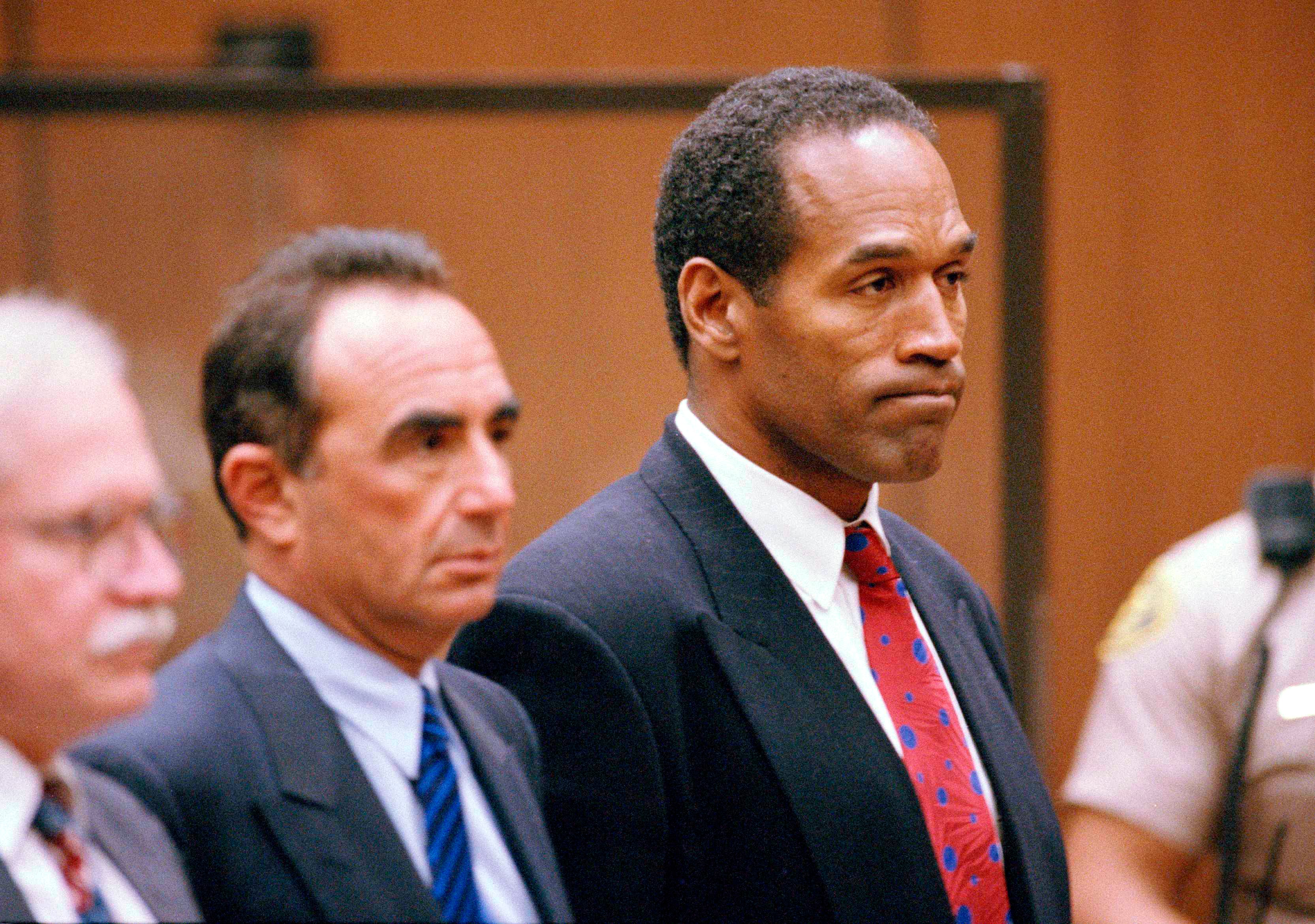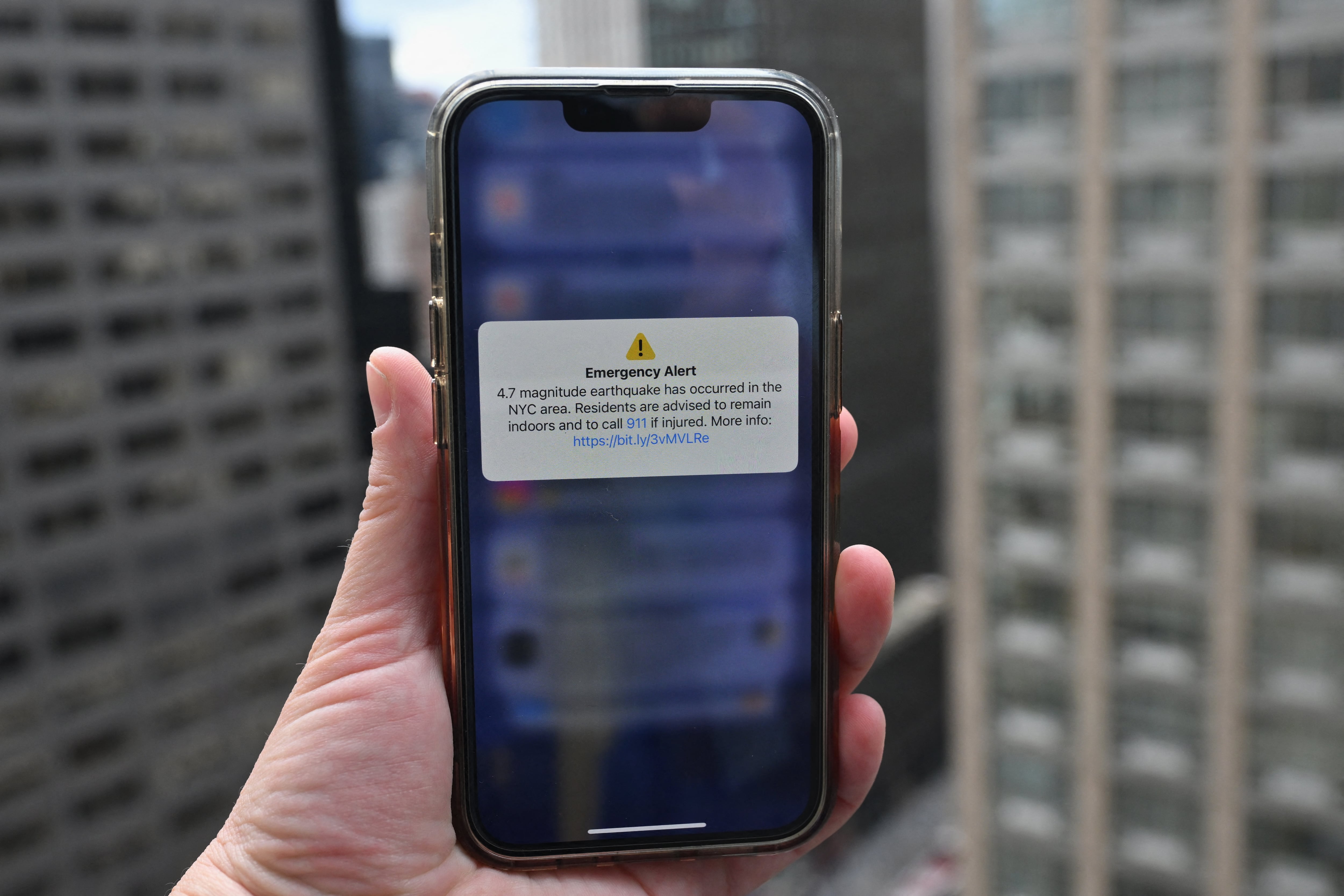*By Christian Smith* Years after her character's shocking death during the "House of Cards" season one finale, actress Kate Mara is still very wary of the subway. "When I go down there, I'm always aware," Mara, who played reporter Zoe Barnes in the Netflix Original, said in an interview on Cheddar Thursday. "It spooked me out for sure." (*Spoiler Alert:* For those of you who haven't seen the show's inaugural season, Mara's character is killed when a scorned lover, played by the now-ousted Kevin Spacey, pushes her in front of a D.C. metro train.) But despite her character's gruesome end, Mara says she does take the subway. "House of Cards" is slated to return for its sixth and final season this fall, although no official release date has been set. Netflix did unveil the [first teaser](https://www.youtube.com/watch?time_continue=29&v=eUQqeabxnNU) for the upcoming season on July 4. The trailer reveals a triumphant Clare Underwood, played by Robin Wright, in the Oval Office, wishing herself a happy Independence Day. Spacey, who played her husband on the show, was kicked off the show last November after allegations of sexual misconduct. Mara says she's excited to see Wright as president. "She's going to be amazing," Mara said. "How could she not be?" For the full segment, [click here.](https://cheddar.com/videos/kate-mara-shares-why-she-became-an-animal-rights-activist)












